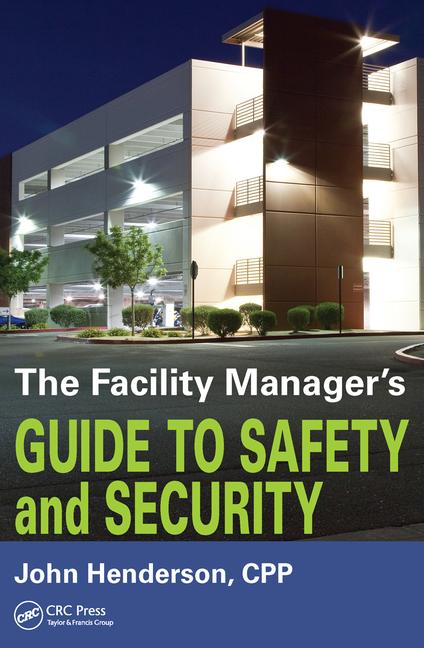The first article I wrote for SDM was in January 1980. While almost 40 years has passed since then, I recently came across the article and realized it is still as relevant today. So if you are at all considering selling your company, read on.
Many alarm company proprietors have contacted me to ask, “Do you know anyone interested in buying my company?”
The prospective seller is frequently dealing with his “baby,” a dream that he created, nurtured, watched mature and to which he devoted the vast majority of his waking hours.
“Do I really want to sell my company,” or more importantly, “why do I want to sell my company?” must be answered at the outset.
After determining their motivation, the seller must determine whether a prospective buyer will satisfy their objectives. If the seller or members of the seller’s family desire to remain employed in the business, a determination must be made whether the buyer desires their services and if so, do they conform to the buyer’s profile? Can the seller or their family comply with corporate mentality? Will there be autonomy? Can the seller exist with limited autonomy? Can the seller work with the buyer? Will the seller’s inputs be accepted?
These questions and the answers may be instrumental in determining whether the seller chooses to sell. They may not be important unless the seller wishes to remain on the management team after the sale or a portion of the purchase price has been tied into an earn out provision or an employment contract.
If the seller is to become part of the buyer’s management team, they should attempt to find out to whom they will report, and whether personality or other problems are likely to arise with other members of management. He or she may wish to consider the possibilities for advancement in the buyer’s organization and should also find out about the buyer’s reputation in the community.
The seller, having made the decision to sell and having found a suitable buyer, must then turn to questions of valuing the company and structuring the sale.
The actual purchase and sale transaction is generally consummated by either a sale of shares of stock of a corporation, or a sale of assets of an individual, partnership or corporation. In either event, the transaction may result in a risk to the seller after the close if the entire purchase price is not paid in full at the close.
If the seller accepts a payout, they must rely on the buyer to pay off all of their obligations over a period of time, as well as to discharge obligations on which the seller may have continuing liability. It becomes incumbent upon a seller to investigate the buyer’s integrity, reputation, motivation, skill, experience and financial strength as well as to make certain that they are properly protected and have retained adequate security to protect themselves prior to making the deal. — Originally published in SDM January, 1980
Q: We are an alarm company and have just received another agreement from the management company representing our subscriber. We have received a number of these agreements and each sets forth the vendor (our) requirements for providing the service. In each it provides that the vendor is indemnifying the management company as well as the client for any loss, basically stating that the vendors must defend, indemnify and hold harmless the company and the owner and each of their respective agents and employees, from and against any and all claims, damages, class actions, expenses, liabilities, causes of action, and/or judgments, including but not limited to attorney fees, costs of litigation and other expenses, arising out of or in connection with the acts or omissions of vendor or its employees, agents, independent contractors, subcontractors or affiliates, wherever vendor may be providing services or performing work pursuant to this agreement. In addition it states the vendor’s liabilities under the provisions of this paragraph shall in no way be limited by the insurance maintained by the vendor pursuant to this agreement. The management company has threatened to cancel our service or go elsewhere if we do not sign. Should I sign this agreement?
A: A: This is both a business and a legal decision. From a legal standpoint, I would advise you to definitely not sign the agreement. I assume your contract with your subscriber specifically sets out your duties, your responsibilities and most important the fact that you are not an insurer and that if there is a loss you are protected by your limitation of liability liquidated damage clause and third party indemnification provision. These provisions in your contract with your subscriber protect you and your company. The agreement you have set out totally contradicts and supersedes this protection your contract provides you and exposes you to significant liability.
One area where you may agree to the indemnification is if the loss or damage occurs on your subscriber’s premise while your agent is either installing or repairing the system. This is a situation which has nothing to do with the operation of the alarm system, but where the damage or loss may occur as a result of the negligence of your agent while on the premises, in which case your subscriber has a right to this protection. If in fact you agree to this, cut out and sign an agreement to this effect, make sure that there is a provision that states that the agreement shall apply to damage which may be caused by the vendor while on the premises and shall not apply to any loss or damage caused by the failure of the alarm system to operate. Further, this agreement shall not supersede and shall be subject to all of the terms and conditions of the agreement entered into between your alarm company and the subscriber dated (insert date).










